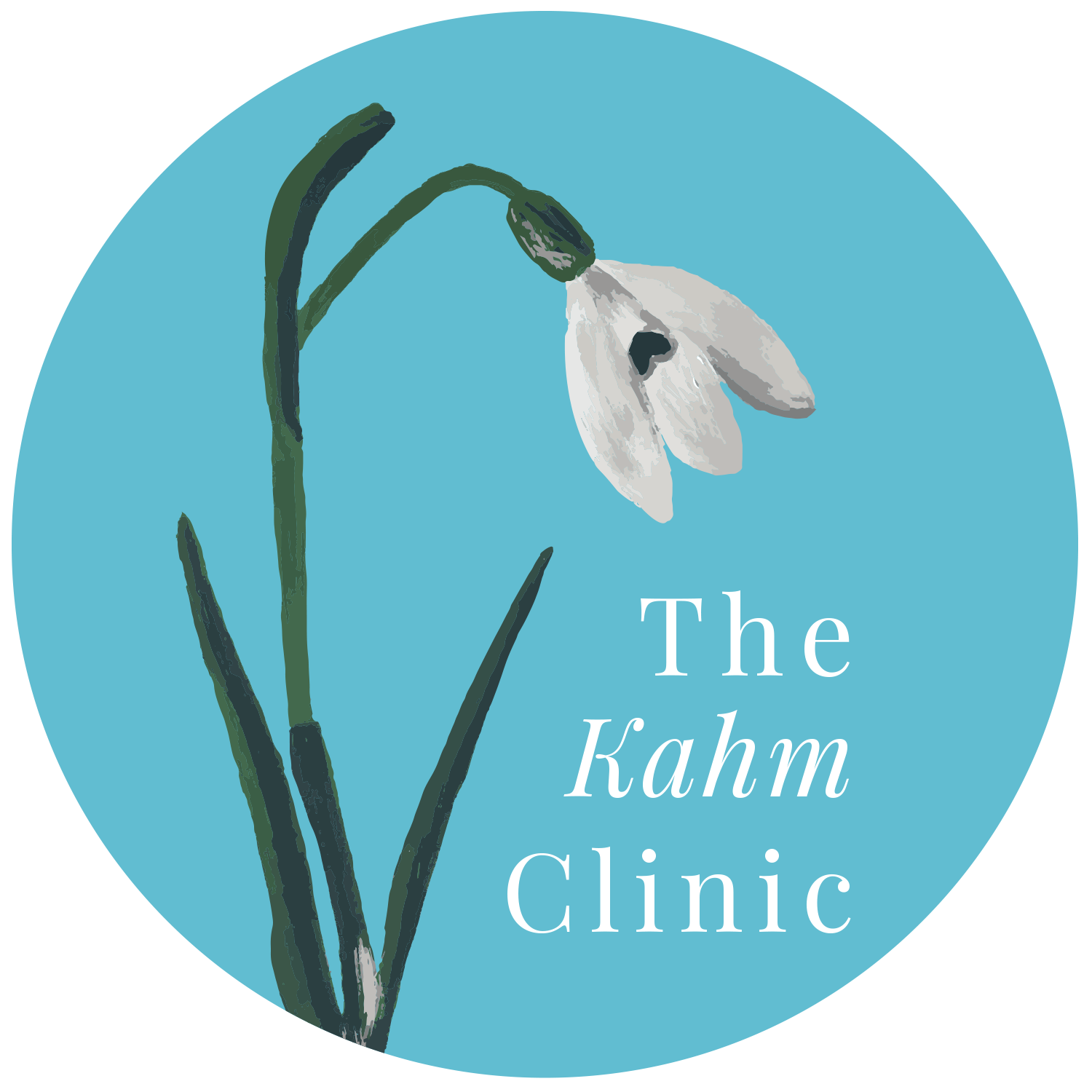Five Common Nutrition Misconceptions
Nutrition can be confusing. There’s so much information out there — not only about what to eat but also how much to eat and even when to eat. If you feel like you’re constantly second-guessing your food choices because you just don’t know enough about nutrition, then today’s blog post is for you! Let’s look at five common nutrition misconceptions and then consider what you actually need to know about each topic.
Five Nutrition Misconceptions
Carbohydrates are bad for you: Despite their bad reputation, carbohydrates aren’t bad for you. In fact, we need them! They’re our best source of energy and do not make you gain weight (it’s important to point out here that there’s no one food or food group that makes you gain weight). Note that carbohydrates come from a variety of sources. Yes, bread, pasta, and rice are all carbs, but so are fruit, vegetables, and dairy. You want to include all of these sources in your daily intake to ensure that you’re eating a well-rounded diet. For instance, fruits have a lot of essential vitamins and minerals, while some bread have good-for-you whole grains.
Weight loss should be fast: “Rapid weight loss” is a common theme in today’s society — we’ve all heard some diet or supplement make a promise like, “You’ll lose 20 pounds in a month!” Unfortunately, this type of weight loss usually results in the loss of lean mass and muscles — which your body will eventually need to replace, causing you to gain weight again. When weight loss is slower, it means your body is more likely to break down fat and retain lean mass and muscle. So don’t be discouraged if your weight loss journey is taking longer than you hoped! Remember that slow and steady wins the race.
Dinner should be the biggest meal of the day: Our society generally eats very little during the day with a focus on afternoon snacks, dinner, and post-dinner snacks. Of course, you can still eat in the evening, but it’s smart to practice front-loading, which refers to eating a majority of your daily calories during breakfast and lunch. There are two reasons that this method of eating is beneficial. First, food is fuel, and front-loading gives us the energy needed to tackle each day. Second, it helps our bodies better regulate hunger and fullness. Eating enough in the earlier part of the day allows us to be more in tune with our true hunger and fullness cues as the day progresses. Research also shows that, when you consume enough protein at the start of the day, you’re less likely to crave carbs and sweets in the afternoon and evening.
It’s okay if you never feel hungry: So many people ask, “What if I’m just not hungry for breakfast or lunch?” Chances are, you probably felt hungry at one point or another but ignored it because of a distraction or busy schedule. Well, if you ignore that feeling long enough, your body stops sending it. By eating enough, you’ll reset and learn to recognize your hunger cues — which is a good thing! It means your body’s hormone signaling is functioning correctly, which only happens when you’re consuming the correct number of calories. Feeling hungry and full is not only okay; it’s necessary! It’s a sign that your body is processing and using food as it should.
Bloating is always due to food intolerance or overeating: Bloating may be caused by one of these two things, but oftentimes, we actually get bloated, constipated, or gassy from not eating enough. When you’re not eating enough, your body decreases its production of serotonin. And when serotonin is low, you’re more likely to get gastroparesis, or low gut movement, which causes bloating, constipation, and gas. If you’re looking for a solution to this problem, we suggest increasing your food intake and seeing if the bloating resolves.
This information originally appeared in a recent YouTube video by Elaina Efird, RDN, CD, CEDRD, CSSD. Be sure to subscribe to our YouTube channel for access to our video content!
To talk to a professional about how to improve your relationship with food, please reach out to our staff or schedule an appointment at The Kahm Clinic.

